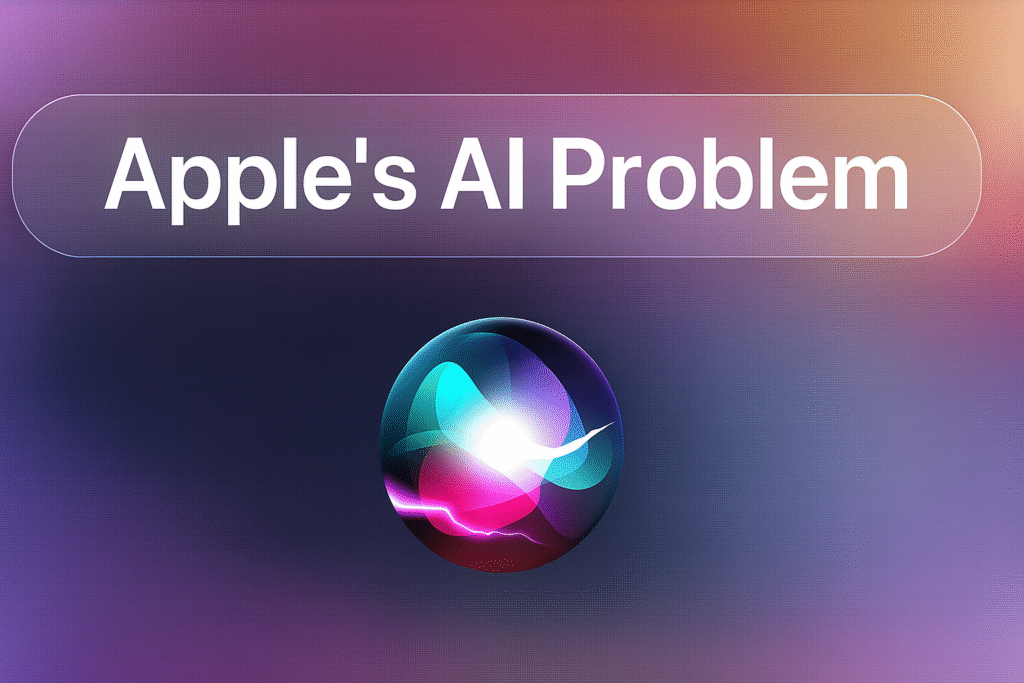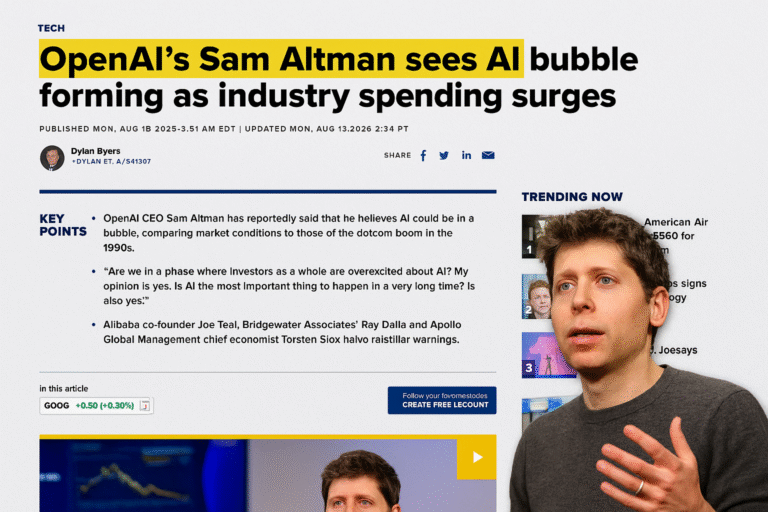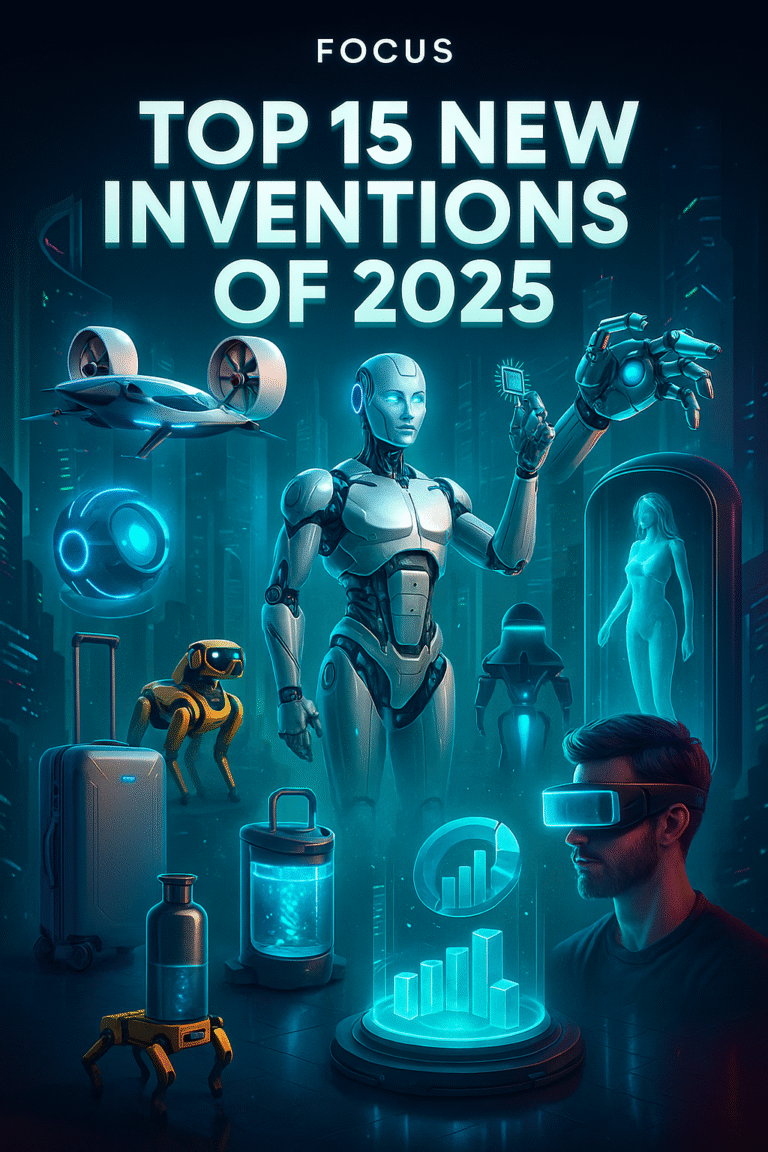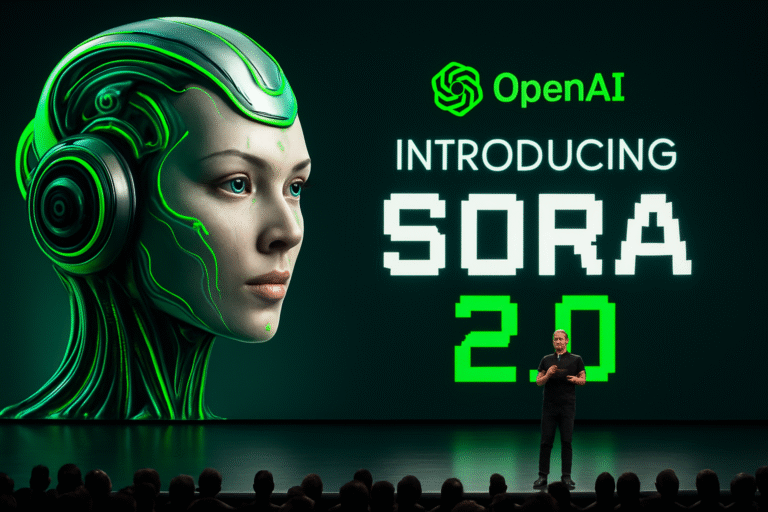
Introduction: The Rise and Fall of Siri
The Apple Siri AI Failure has become one of the most alarming challenges for Apple in recent years. Once seen as a groundbreaking voice assistant, Siri now lags behind rivals like Google Assistant, Amazon Alexa, and OpenAI’s ChatGPT. Apple’s missteps in AI are not just embarrassing—they could threaten the iPhone’s dominance, which accounts for more than half of Apple’s revenue.
Apple Siri AI Failure: What Went Wrong
Siri was never an Apple-born invention—it was an acquisition. When Apple bought it in 2011, Siri gave the company a head start in voice AI. However, poor investment decisions, scrapped projects, and indecision led to the Apple Siri AI Failure that we’re seeing today.
The Missed Opportunities in AI
Early Lead with Siri
Siri debuted in 2011 with massive hype. People were excited about the idea of a personal assistant in their pocket. Unfortunately, Apple failed to build upon this momentum.
Competitors Surpassing Apple
Google and Amazon quickly introduced assistants that felt more advanced. By the mid-2010s, Siri seemed outdated compared to Alexa and Google Assistant.
Apple’s Attempt to Catch Up

Hiring John Giannandrea
Apple poached Google’s top AI executive to oversee Siri and AI development. Excitement grew—but projects were scrapped, and the Apple Siri AI Failure deepened.
Apple Intelligence Launch
At WWDC 2024, Apple introduced “Apple Intelligence,” branding it as “AI for the rest of us.” Despite impressive demos like text summarization and Genmojis, the launch was plagued by delays. Siri’s most important AI upgrades didn’t even arrive with the iPhone 16, leading to a massive credibility hit.
Why Apple Siri AI Failure Matters for iPhone
The iPhone is Apple’s crown jewel. But in an AI-first world, weak Siri features make the iPhone look behind. If Apple fails to upgrade Siri meaningfully, the Apple Siri AI Failure could directly hurt iPhone sales and threaten its global dominance.
The Privacy vs. Power Dilemma
Apple prides itself on user privacy, but this comes at a cost. On-device AI limits Siri’s capabilities compared to cloud-powered assistants. While Apple developed Private Cloud Compute, it’s still weaker than rivals who use massive AI data sets.
Competitors’ AI Advantage
- Google: Leading with Gemini AI.
- Amazon: Alexa integrates deeply with smart homes.
- Microsoft: Partnered with OpenAI.
- Meta: Investing billions into AI talent.
The biggest shock came with OpenAI’s ChatGPT, which changed consumer expectations overnight. Compared to ChatGPT, Siri feels primitive, fueling the Apple Siri AI Failure narrative.
Apple’s Cautious Investment Strategy
While companies like Microsoft and Google spend tens of billions on AI infrastructure, Apple’s spending is far more conservative. This cautious strategy may work for hardware—but not for fast-moving AI development.
Foundation Models: The Future of Siri
Apple is now exploring partnerships with OpenAI, Anthropic, and Google to use external foundation models to power Siri. This could be a turning point, merging Apple’s legendary design with cutting-edge AI.
Talent Wars in AI: Apple vs. Rivals
AI engineers are now the most valuable assets in Silicon Valley. Reports suggest Meta offered one Apple engineer a package worth $200 million—highlighting the cutthroat competition that worsens the Apple Siri AI Failure problem.
The Investor’s Perspective
Apple’s stock underperformed compared to other tech giants in 2025. Investors worry that the Apple Siri AI Failure could turn into a long-term weakness, dragging down iPhone sales and innovation.
Can Apple Still Bounce Back?
History shows Apple can reinvent industries. They turned touchscreens and smartphone design into revolutions. But this time, rivals are moving faster. Without bold investments and AI breakthroughs, the Apple Siri AI Failure could be Apple’s biggest mistake since the Newton.
Lessons from Nokia and Blackberry
Apple once dethroned giants like Nokia and Blackberry by innovating better. Ironically, Apple itself risks becoming the next fallen giant if it doesn’t fix the Apple Siri AI Failure soon.
FAQs
1. What is the Apple Siri AI Failure?
It refers to Apple’s struggle to keep Siri competitive in the fast-evolving AI race, especially against Google, Amazon, and OpenAI.
2. Why is Apple behind in AI?
Apple invests cautiously, prioritizes privacy, and has been slow to adopt cloud-based AI, limiting Siri’s growth.
3. How does the Apple Siri AI Failure affect iPhone users?
Users feel Siri is less useful compared to AI assistants from competitors, reducing the iPhone’s value in an AI-driven world.
4. Will Apple fix Siri with Apple Intelligence?
Possibly. Apple Intelligence shows potential, but its slow rollout highlights Apple’s AI struggles.
5. Could Apple partner with OpenAI or Google?
Yes, Apple is exploring partnerships with major AI developers to power future versions of Siri.
6. Is Apple at risk of losing dominance like Nokia and Blackberry?
If Apple doesn’t adapt quickly, yes. The AI revolution could create new winners in tech.
Conclusion
The Apple Siri AI Failure is a wake-up call for Apple. Once ahead in the AI race, it now risks losing its position to rivals. The next few years will decide whether Apple can reinvent Siri—or face the same fate as Nokia and Blackberry.


